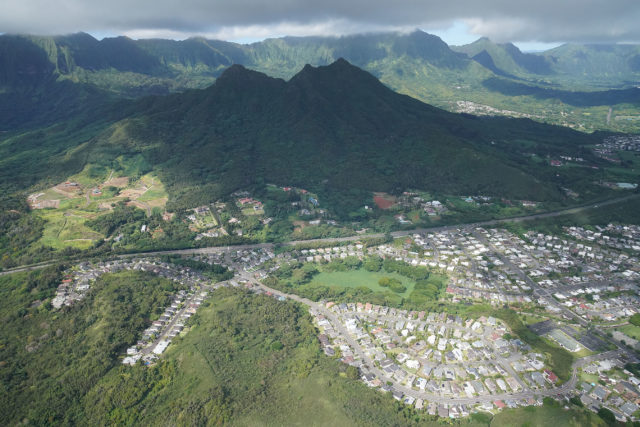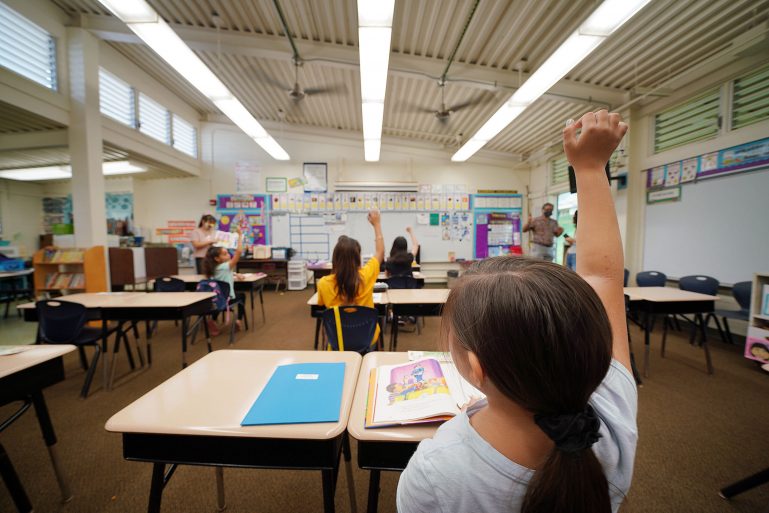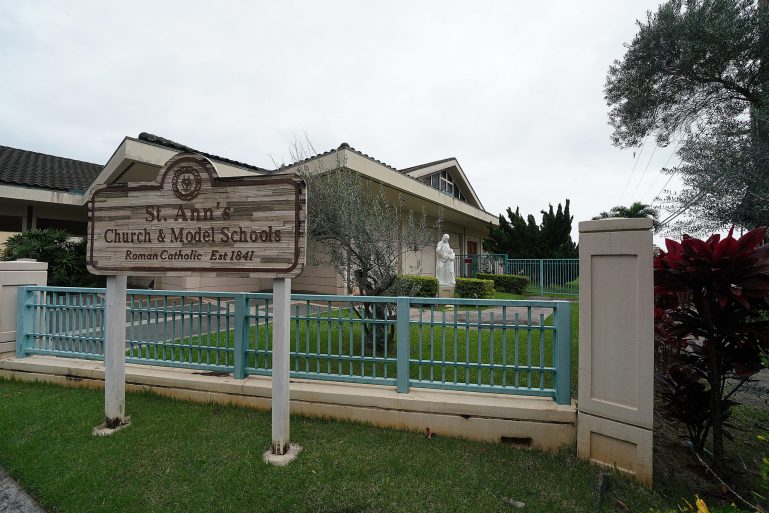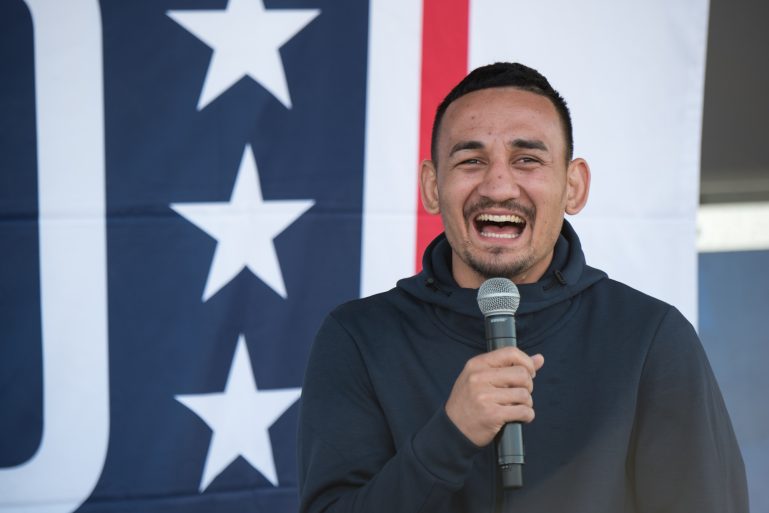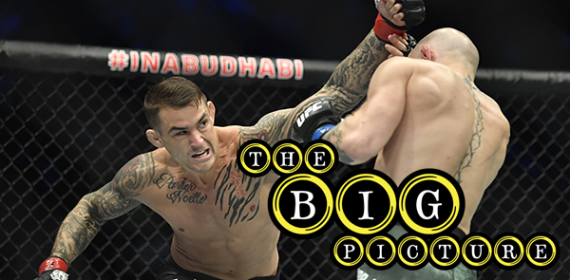Ulu A‘e Learning Center Executive Director Miki‘ala Lidstone made an interesting comparison between the windward and leeward sides of Oahu in an interview with Civil Beat last week.
“We don’t have a lot of (Hawaiian) names for our rains because it doesn’t rain that much (in Kapolei),” she said, adding that it’s not like that in Kailua. “They have a lot of names for rains — we don’t. But you know what we do have? We have a lot of hills.”
This echoed around my head as I was in Kailua helping my parents salvage soaked belongings in their house after a torrential intruder whose name I do not know barged in and alerted us to a leak somewhere in the roof. The hills of Kapolei are no doubt more mannered acquaintances.
The days of heavy downpour reminded me just how inextricable rain is from life on this side of the island, and how essential it is to its — and our — character. Rain comes in a menagerie of personalities. It can be a gentle patter that helps you fall into a deeper sleep, or a deluge that turns your waking life into a nightmare. Which made Lidstone’s sentiment all the more compelling…

